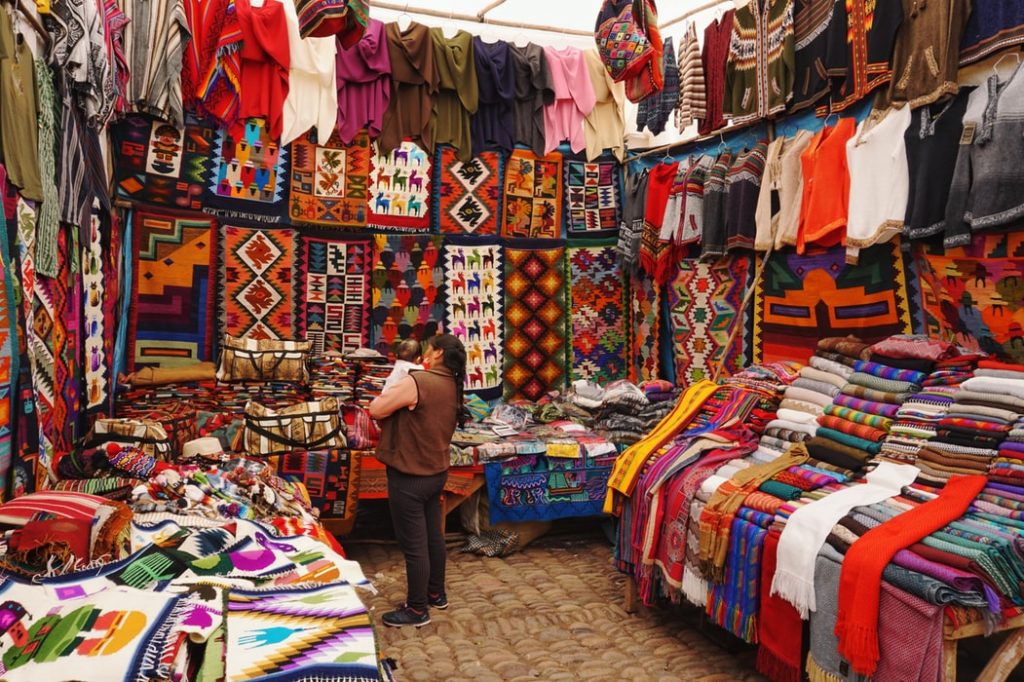Understanding the Meaning of "Gringo"
Unpack the Myths and Facts Behind the Word “Gringo” in Latin America
What Does "Gringo" Really Mean?
Let's Explore This With Gringo Taxis
What Does “Gringo” Really Mean? Learn The Truth Behind The Term
Taking A Look Into The Meaning And History Of The Word “Gringo”
You’ve probaly heard the term “gringo” tossed around in Peru, but what does it really mean? Are you being insulted? Or is there more to it than just a simple label?
Below we’ll dip our toes into the history and meaning of the word “gringo” and explore why it’s used in such different ways across Latin America.
What Does "Gringo" Mean?
First and foremost. There is no translation for the word Gringo. Originally, “gringo” was used to describe foreigners, more specifically those from English-speaking countries like the US. Over time, it’s taken on different meanings depending on the context and location.
In Peru, you might hear locals use the word when talking to or about expats, tourists, or even people just visiting for a short time. But don’t worry, this doesn’t necessarily mean it’s being used in a negative way. Gringo can simply mean “foreigner” or “outsider.”

Is “Gringo” Offensive?
We just told you there is no translation for the word so how can it be offensive? While “gringo” has sometimes been used in a derogatory way, many people embrace it, like me. In fact, some even wear it as a badge of honor! But whether it’s meant as a joke, a description, or even an insult can vary depending on tone and intent.
- Positive Context: My Peruvian wife often lovingly calls me “gringo.” It’s her way of teasing me about my cultural quirks, like my obsession with punctuality or how I pronounce Spanish words. She means it in a completely affectionate way.
- Negative Context: On the other side, there have been times when someone shouted “gringo” in a way that felt less friendly—like when negotiating at a market and being charged “gringo prices” (aka, more than the local rate).
Why Is It Used in Peru?

In Peru, the word “gringo” often describes non-native residents, especially ones from North America or Europe. And used in a neutral sense in some areas to identify people from other countries, without any judgment involved. In recent years Peruvians will literally use the word “Extranjero” towards Venezuelans and it is meant in a very mean and degrogatory way, unlike Gringo. When Peruvians want to mean or derogatory they will literally start using a persons home country as their name.
Is "Gringo" Ever Negative
Although “gringo” can be used negatively, it’s all about how it’s said. Just like any term, the context matters most. If it’s your friend or partner saying it, it’s likely a term of endearment, if you’re being treated with kindness and respect, it’s probably not meant as an insult.
In The End
The term “gringo” can be defined depending on the place and situation. It’s up to the speaker if it’s a friendly term or an insult, and it’s often used to describe someone who’s not from the area nothing more.
Next time someone calls you “gringo,” don’t take it personally. It’s one of those terms that can change in meaning based on who’s saying it and how.


